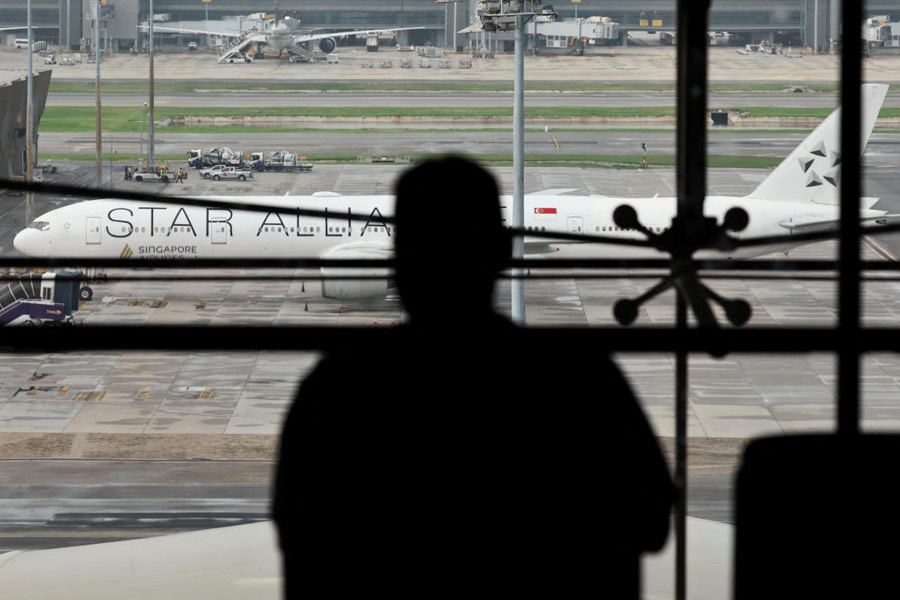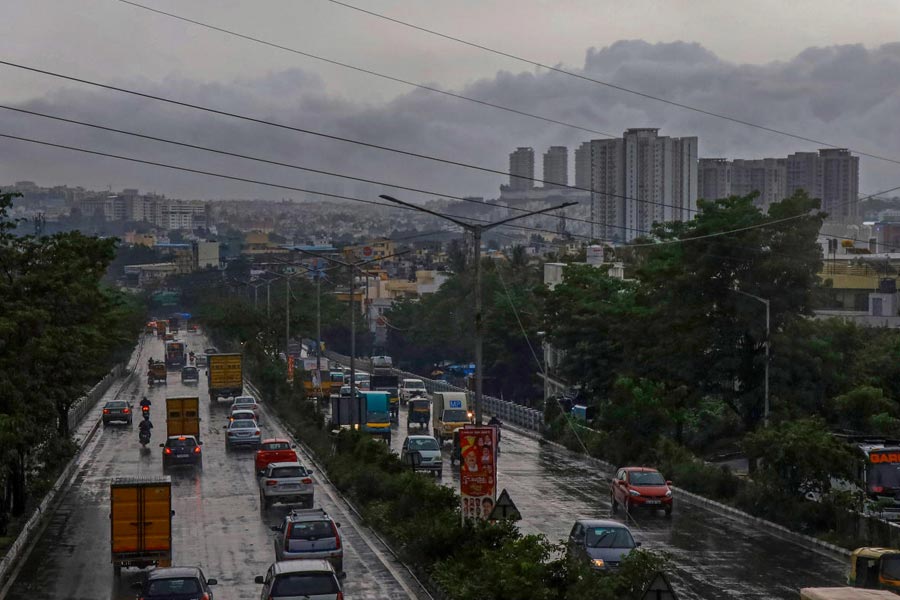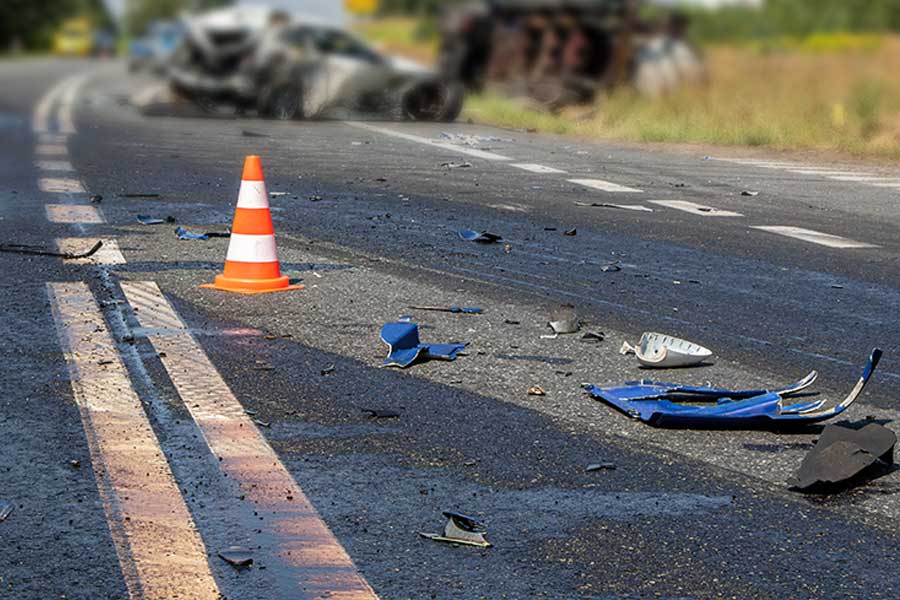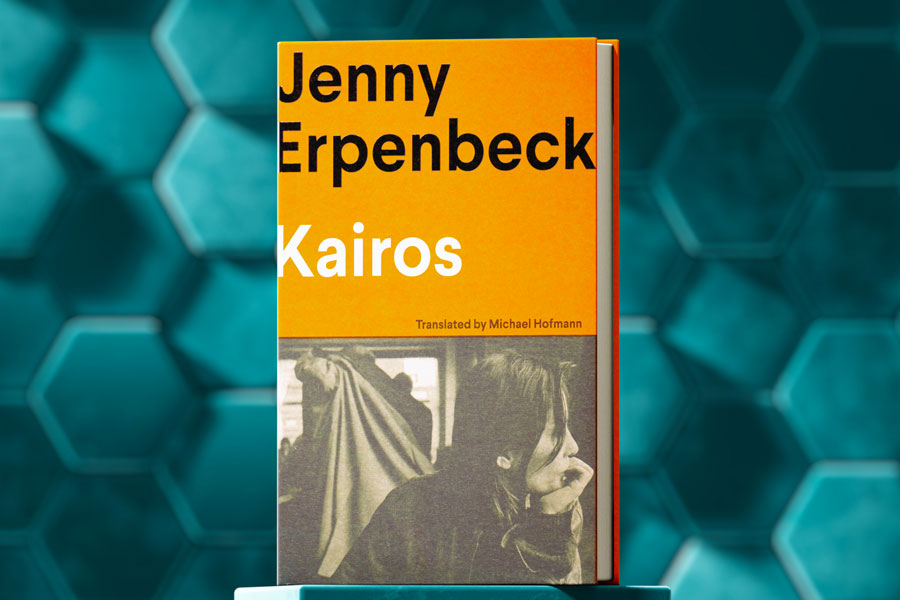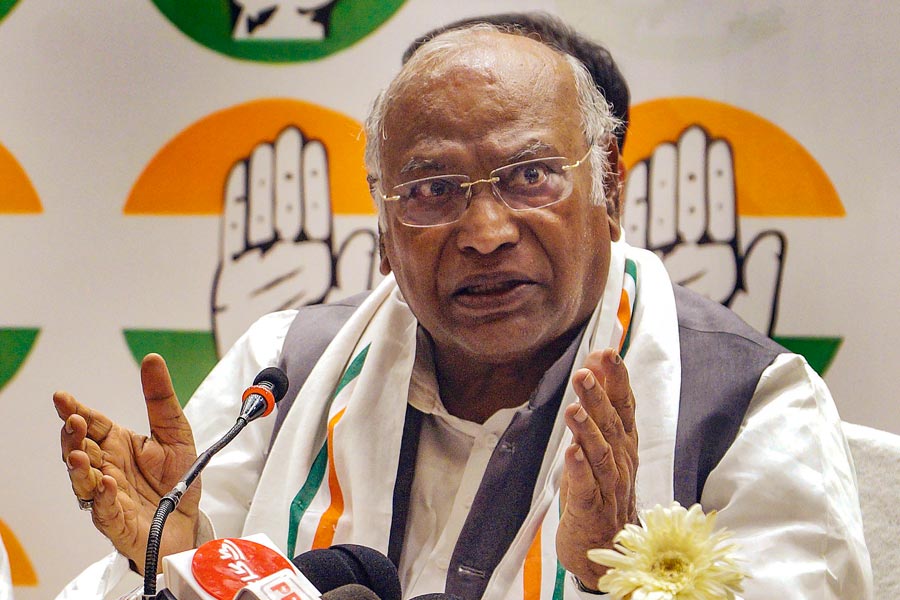The Jammu and Kashmir government seems to have earned the ire of the region’s top court in the case of journalist Fahad Shah as it said the government “dug out” the case against him after he received bail twice from different courts.
Shah, who was editor of the now-defunct news portal The Kashmir Walla, was granted bail by the High Court of Jammu and Kashmir and Ladakh on November 17. He has been under detention since February last year and is yet to be released.
The 25-page bail order has come as a reprieve for Kashmir’s embattled journalist community as many of them have faced arrests and summons since the 2019 scrapping of the special status.
The order said the charge against Shah was basically associated with his “right to freedom of speech and expression” which “prima facie appears to have gone wrong”.
The government had accused Shah of glorifying militancy through his writings, even suggesting they constituted a terrorist act.
The court has quashed charges against Shah such as terror conspiracy and waging war against the country (covered under Sections 18 and 121 of the terror law UAPA).
Shah will, however, continue to face trial under Section 13 of the UAPA (abetting unlawful activities) and certain sections of the Foreign Contribution (Regulation) Act.
The court said the police have unbridled powers to make arrests under the UAPA but have to justify the need for making these arrests.
The principal charge against Shah was that his portal reportedly carried an article titled “The shackles of slavery will break” in 2011.
The article was written by a Kashmir University scholar, Abdul Aala Fazili, who too has been arrested.
The court said the respondent (government) accepted that Shah’s role was limited to uploading the article, but at the same time suggested Shah’s thought process was “extremely insidious” — one shared by “secessionists”.
The court said the run-up to the present case — publication of the article — was relevant and as in the two previous FIRs he was already granted bail by separate courts.
“As per the averments in the appeal, the appellant was arrested by Pulwama police station in connection with FIR No. 19/2022, in which he was granted bail by the TADA/POTA Court at Srinagar. However, the police, without releasing the appellant, shifted his custody to Shopian police station in FIR No. 6/2021, in which too the appellant was granted bail by the Court of the Munsiff, Shopian,” reads the judgment by the division bench of the high court bench comprising Justices Anil Sreedharan and Mohan Lal.
“However, the appellant was still not released, and his custody was shifted to Safa Kadal police station in another case registered at that police station. It is also averred that before the Court of competent jurisdiction at Srinagar could decide his bail application, the appellant was taken into preventive detention under the provisions of the Jammu and Kashmir Public Safety Act, 1978. It was in this backdrop that the current case against the appellant was dug out by the Respondent with the registration of the aforementioned FIR.”
The court said the act (publication of the article) was allegedly done 11 years back.
“From then till date, no evidence has been brought on record that the offending article was responsible in provoking persons to take to militancy. Not a single witness says this,” it said.
The State Investigating Agency claims Fazili’s article was part of an “operation to build and propagate the false narrative that is essential to sustain the secessionist cum terrorist campaign the aim of which is to break the Indian union, secession of Jammu and Kashmir from India and accession to Pakistan”.
The court said that while the opinion piece called for the secession of Jammu and Kashmir, it didn’t incite violence or an armed insurrection against the state.
The investigating agency had contended that the article under Section 15(1)(a)(ii) of the UAPA fell in the category of a “terrorist act” as it included damage to the “incorporeal property (honour, dignity and the fair name of India”.
“If this argument was accepted, it would turn criminal law on its head. It would mean any criticism of the central government can be described as a terrorist act because the honour of India is its incorporeal property. Such a proposition would collide headlong with the fundamental right to freedom,” the order reads.


